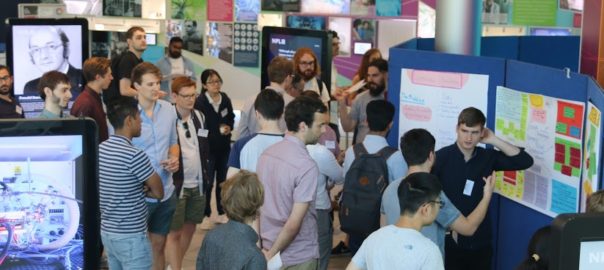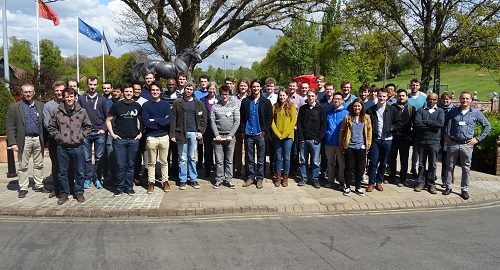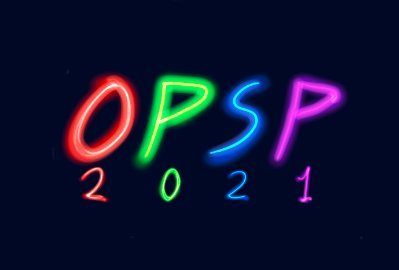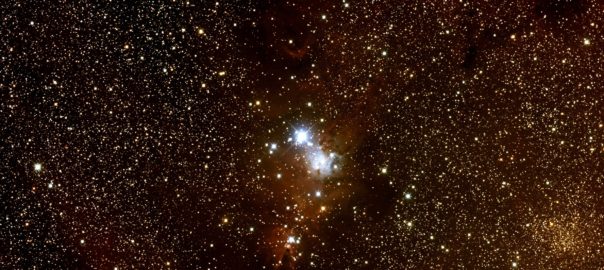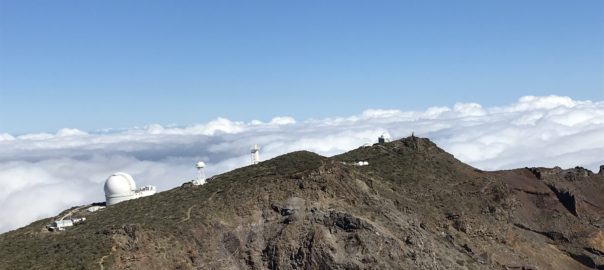Thank you to Professor Adrian Bevan, Head of Department of Physics and Astronomy, Queen Mary University of London who delivered the GRADnet Machine Learning & AI online workshop on 12 January 2022 to over 40 postgraduate and postdoctoral researchers.
Adrian’s view of how the day went: “It is important to develop and maintain relevant skills throughout our working lives, from the moment we start studying through to the day we retire. Really great to see a new generation of Physics PhD students as a part of the GRADnet programme follow the 2022 GRADnet Machine Learning workshop today. We had over 50 participants registered for the event, which covered real world use of ML, an introduction to machine learning using TensorFlow, and an overview of how to use data science to predict air-pollution – a global problem that is gaining prominence in terms of links to health.
Our first speaker was an ex-Physicist and Queen Mary University of London alumnus Dr Tom Charman. He now works at Accelex on the use of AI in industry, focusing on NLP application to financial documentation. It was fascinating to see the same kinds of thought processes and workflow ideas that help particle physicists analyse abstract forms of data to find the Higgs boson, and search for new particles at the LHC applied to NLP problems in the real world. This really highlights that the skills sets developed as a physicist are really widely transferable. Learning about the priorities of UK companies in terms of the additional skill sets beyond that taught in the curriculum, is also a great help – as we all need to embrace professional development in our careers, from the outset until the day we retire.
Drs Marcella Bona and Jia-Chen Hue from Queen Mary University of London talked about the SAPIENS (Smart Air Pollution Information Enabling New Solutions) project looking at data sets collected in Mexico City and how from that one can predict air pollution. This was another data science project that used methods (and code!) from an LHC analysis – this time used for rare B decay studies on ATLAS. The ability for physicists to work in a multidisciplinary team of data scientists to study this critical and ubiquitous problem facing populations of large cities across the planet is amazing. Again it highlights the importance of learning how to solve a problem in whatever you want to specialise in and then look for interesting ways to make a difference by applying your knowledge elsewhere. Sharing that expertise across the disciplines helps make great ideas turn into real outcomes.
The tutorial part of the day was run by me with the help of a great graduate student, Joe Davies. We started off looking at a simple linear regression problem using keras. For those of you who studied linear regression at school, yes this is really overkill. However it is a great starting example to pedagogically explore how optimisation works for machine learning and to turn the dry math associated with the books and papers to see in action with a single input, single output problem that can be solved analytically, what happens when you get let loose with the ADAM optimiser. This helps provide a solid grounding to discuss machine learning optimisation problems in general, and is a good way to separate out how optimisation works in practice from the more complicated issues surrounding neural networks in the form of multilayer perceptrons, deep learning and moving on to convolutional neural networks. The workshop stopped there, as we ran out of time at the end of the day having covered a great deal of material. The real stars were the participants. We had some great questions and discussions throughout the day.
This was a SEPnet organised event run at Queen Mary University of London in the Department of Physics and Astronomy. Sadly for the second year in a row this was an online-only event, but we are hopeful that next year we will be able to resume in-person meetings and move back to a multi-day workshop on campus, taking on board feedback from the participants to make the workshop even better.
- If you want to get involved in GRADnet ML 2023 reach out to me via my linked in page to ask how to get involved.
- The code used in the GRADnet ML tutorial can be found on my git hub page.
- You can find more of my machine learning teaching material on my teaching home page.”


